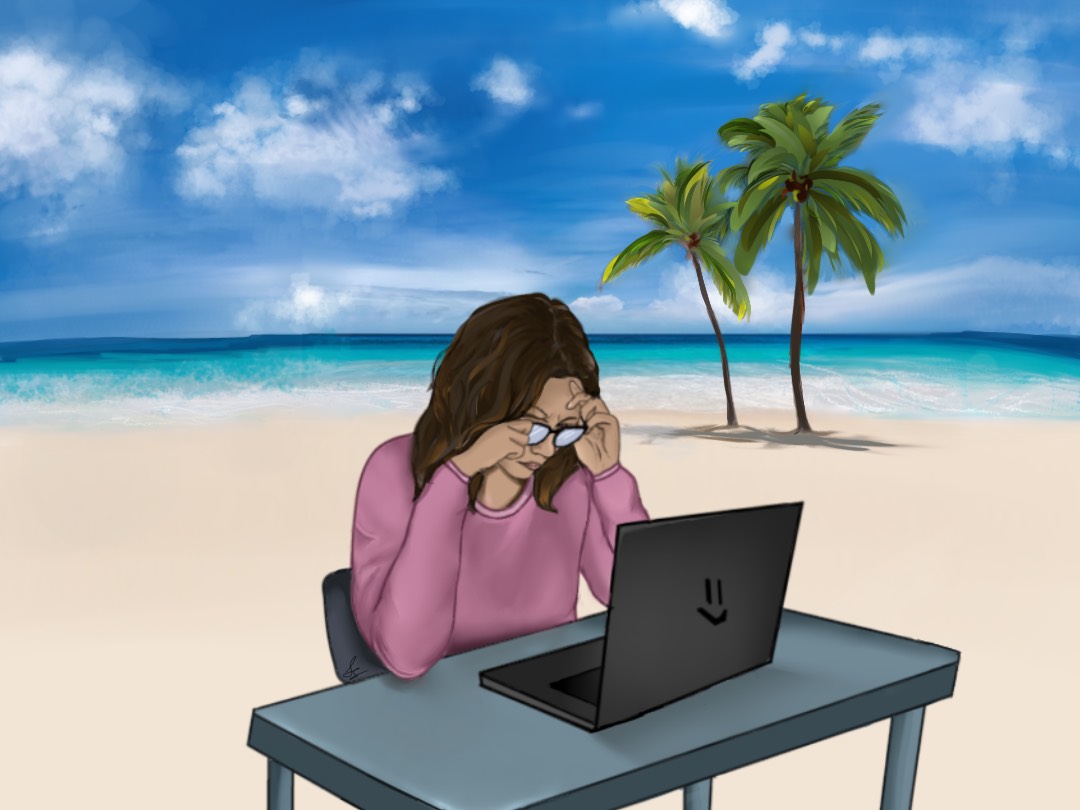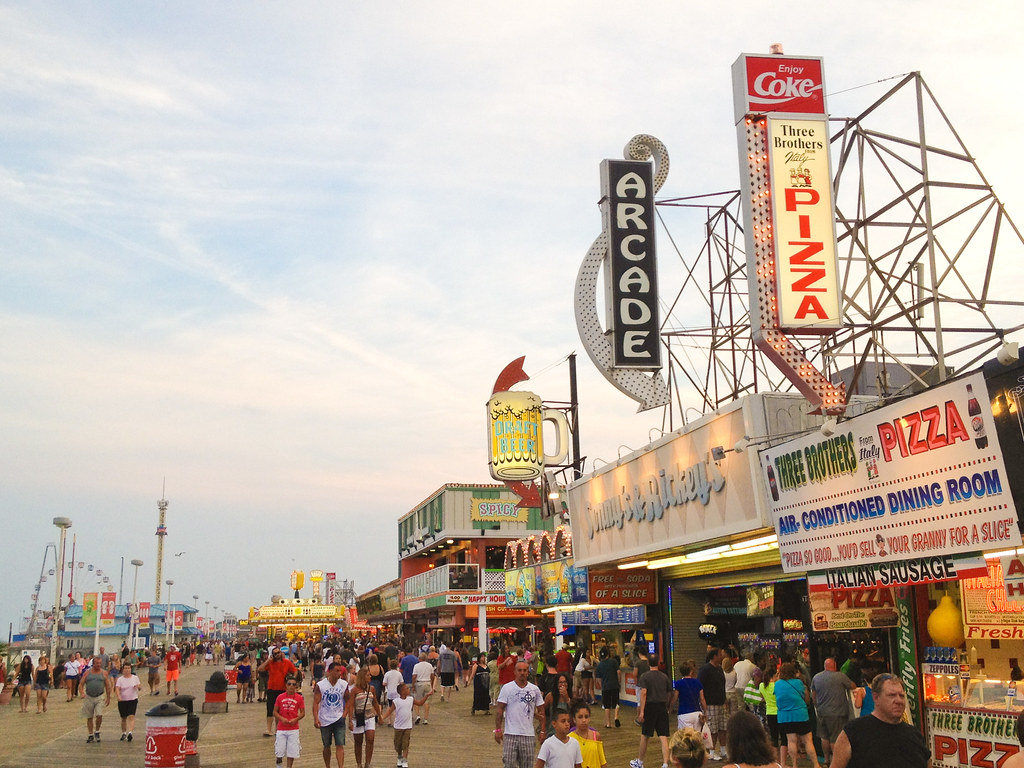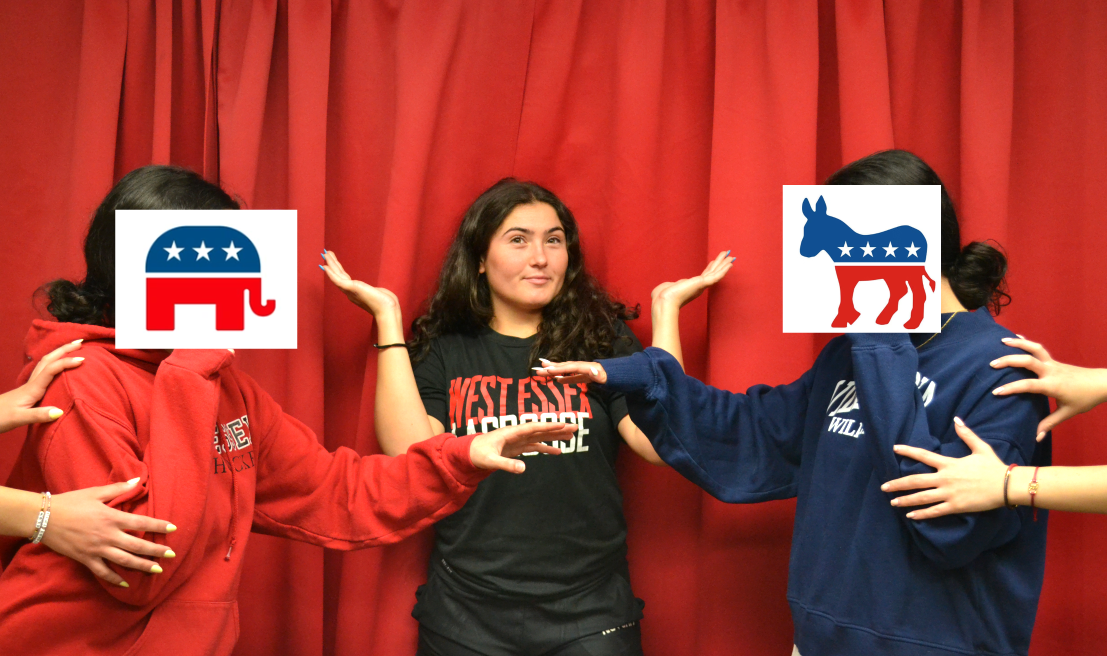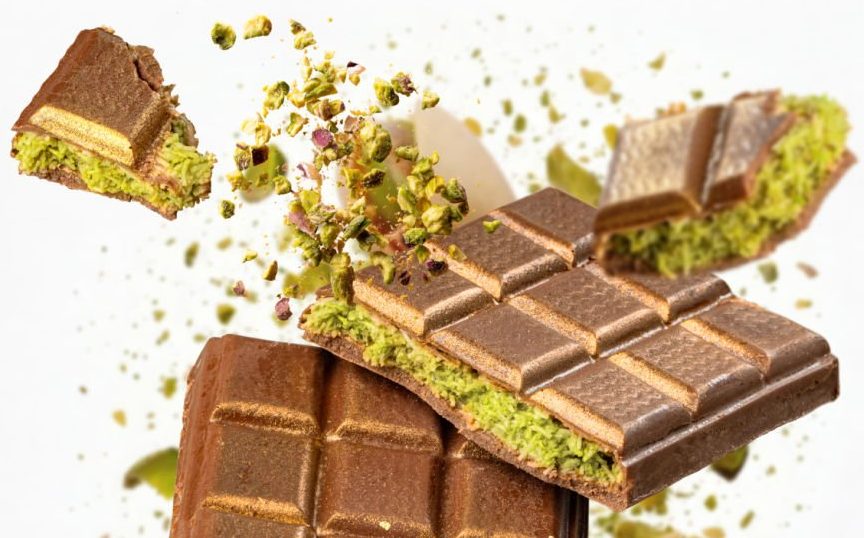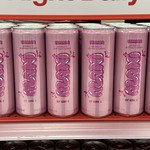
Walking into school at 7:42 in the morning and seeing Celsius, iced coffee and Alani energy drinks in students hands is a daily occurrence. Whether inside or outside of school, you’re basically guaranteed to see a teenager drinking some form of caffeine. The consumption of energy drinks and coffee amongst teens is becoming far too normalized considering with every sip, teens are unknowingly brewing a storm of side effects that are very damaging to their health.
Caffeine is a stimulant that provides a boost of energy, making people feel more alert and awake, which is why people are often consuming it early in the morning or before physical activity. As for the side effects that accompany having just one energy drink, there are a plethora. Increased anxiety, digestive issues, dehydration and irregular heart rate to name a few. As if these weren’t bad enough, teens are consuming multiple caffeinated drinks a day, each typically containing around 80-500mg of caffeine. This is in spite of the fact that a safe amount of caffeine for teens is only 100mg per day, according to an article from Michigan Medicine. Having too much caffeine is highly plausible for adolescents who can easily exceed this limit in just one sitting. It further messes with their health and disrupts their sleep quality. These boosts of energy leave teens on a high only to come crashing down and then wanting more. Despite this, addicts are hesitant to stop drinking caffeine because of the undesirable effects that follow withdrawal: increased drowsiness, depressed mood, headaches, irritability and brain fog are all amongst this list, according to the National Library of Medicine.
Students at West Essex have recognized their dependence on caffeine.
“Every Friday night before my Football game I have an energy drink and it gives me extreme amounts of energy and I feel great, junior Jake Long said. “But, when I don’t have one during the week, I feel tired, groggy and anxious.”
Whether people want to accept it or not, consuming these drinks which are full of nothing but sugar, additives and exorbitant amounts of caffeine is highly dangerous to their health and wellbeing.
Continually exacerbating the issue with teens mishandling caffeine are the energy drink companies who are constantly taking advantage of and targeting minors with their enticing flavor names and bright packaging. This tactic, almost identical to the one vape brands use, is specifically designed to lure in young consumers who will be drawn to buy the beverage, overlooking the potential health risks. Pretty ironic considering vapes are notoriously known to be atrocious to your health. Michigan Medicine provided federal data which showed “emergency department visits involving energy drinks doubled between 2007 and 2011.” Teens nowadays are becoming so involved in the caffeine space as these drinks have almost become a trend, seeming like a component to a healthy and aesthetic lifestyle when really, they’re the complete opposite.
There is essentially very little evidence to support the fact that caffeine is beneficial for teens. As known threats to health are constantly emerging and being confirmed, there is no valid reason to be purchasing cases of energy drinks and cracking open two or three, let alone one, a day. Caffeine might seem like the perfect solution to cure your morning tiredness or act as a pre-game pickup, but it must be avoided. A balanced diet and active lifestyle is much healthier, sustainable and more fulfilling than caffeine could ever be.
Photo Credits: “Alani Kimade Energy Drink at Target” by Philip Pessar is licensed under CC BY 2.0

